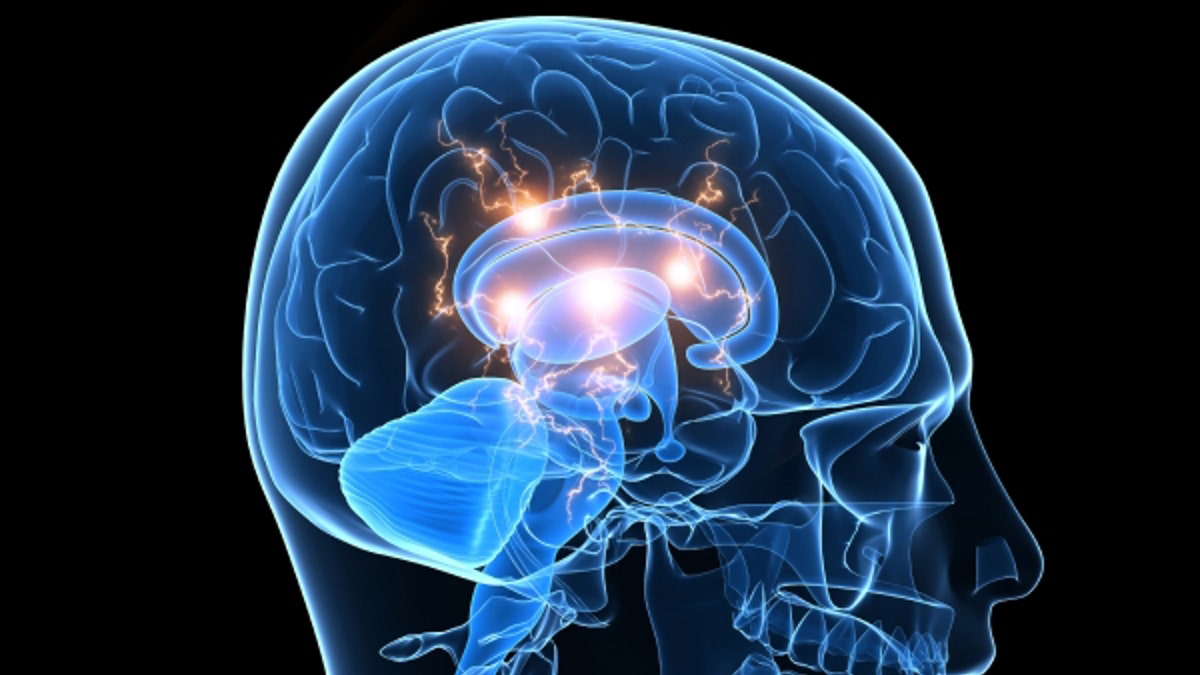
Exposure therapy and antidepressants help lessen the severity of symptoms for people with obsessive compulsive disorder (OCD) more than the medication alone, according to a new study.
In the case of people with moderately severe OCD symptoms, the combination of so-called exposure and ritual prevention therapy with antidepressants was more effective than the combination of antidepressants and antipsychotic medications at reducing symptoms.
"This data strongly suggests that OCD patients on (antidepressants) with clinically meaningful symptoms should be first offered exposure and ritual prevention therapy to get better still," Dr. Helen Blair Simpson, the study's lead author from Columbia Psychiatry in New York, told Reuters Health.
Obsessive compulsive disorder is estimated to affect approximately 2.2 million American adults, according to the National Institutes of Health. Symptoms of the condition include obsessive thoughts and fears or compulsions to repeatedly perform the same tasks.
The only drug approved by the U.S. Food and Drug Administration for the treatment of OCD is a group of antidepressants known as serotonin reuptake inhibitors (SRIs) that raise levels of the brain chemical serotonin, which improves communication between brain cells.
Some people, however, still have moderate symptoms after taking SRIs. For them, antipsychotic medications may be added to the treatment regimen, but research has found only about a third of patients respond to that combination therapy.
Over the past few decades, exposure and ritual prevention therapy has emerged as a promising treatment in addition to SRIs.
During exposure therapy, OCD patients are made to confront their fears and taught to resist their compulsions.
For example, an OCD patient with a fear of germs might be told not to wash their hands so they can see that nothing bad will happen.
For the new study, Simpson and Edna Foa from the University of Pennsylvania randomly assigned 100 people who were on SRIs but still experiencing moderate OCD symptoms to one of three groups.
One group received eight weeks of exposure therapy, another group received the antipsychotic medication risperidone and the other group took an inert placebo pill.
At the beginning of the study, all participants scored about 26 or 27 on a scale of 0 to 40 that measures OCD symptom severity, with higher numbers representing worse symptoms. Scores between 24 and 31 are considered severe.
After eight weeks, the average symptom score of participants taking the placebo pill or the antipsychotic alone fell to about 23, which is considered moderate symptom severity.
Those who went through exposure therapy, however, scored about a 13 at the end of the study. Scores between 8 and 15 represent mild symptoms.
Dr. Kerry Ressler, who co-authored an editorial accompanying the new study, said exposure therapy may work better because it specifically targets the fear.
"Therapy specifically targets the underlying problem whereas the antipsychotic doesn't really target the problem - it just puts a Band-Aid over the symptoms," Ressler from the Department of Psychiatry at Emory University in Atlanta, said.
Simpson cautioned that people shouldn't rule out antipsychotics altogether, because research suggests that those drugs do help people with certain subsets of OCD, such as those who experience involuntary movements.
But even for those people, she said exposure therapy may be a good option.
"Cognitive behavioral therapy or exposure and ritual prevention is skill-based treatment… what it's really about is a therapist teaching you a different way to handle your compulsions," Simpson said.
